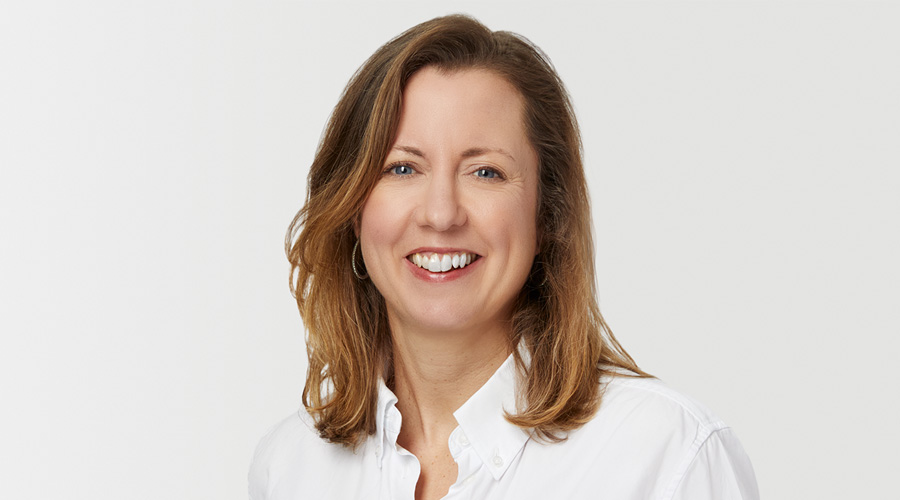
Three questions to Anna Haesert, Chief Sustainability Officer:
An overview of our sustainability work
Anna Haesert is the Group’s Coordinating Chief Sustainability Officer. Here, Anna explains more about Beijer Alma’s overall sustainability activities and shares some examples of what is being done at our local units.
Beijer Alma have approved near-term science based targets (SBT). What’s the impact of this?
Many companies have committed to setting science-based targets, showing their climate ambition. These targets are ambitious, and if every business were to set science-based targets, we would all gain confidence about being on track to prevent the worst effects of climate change. Of course, the main benefit of having such targets is that they inspire new ways of thinking, new initiatives and the actions needed for positive change.
Beijer Alma have set new objectives and roadmap to 2030. Can you tell us more?
The five-year time frame for the previous sustainability objectives ended in 2023. During the year, the Group’s work with material topics was reviewed. After a thorough mapping, science based climate targets were also developed. This work governs the Group’s new sustainability objectives and its roadmap up to 2030.
We have expanded the agenda to ensure our broader impact and responsibility in the value chain. The Group’s sustainability agenda is under continuous development. During the year, Beijer Alma carried out a double materiality assessment, which provided a direction for moving forward and was a step in the Group’s preparations for the EU Corporate Sustainability Reporting Directive (CSRD). The sustainability agenda is being expanded and, starting in 2023, focuses on five areas:
- Sound business ethics and social commitment
- More efficient use of resources
- Reduced climate impact
- Safe and stimulating work environment
- Innovation with sustainability in mind
Working proactively in these areas helps us move forward towards sustainable and profitable growth. At the same time, we reduce risks and realize business opportunities.
Climate change is driving global technology shifts in areas such as electrification. How does this affect you?
This can be both a threat and an opportunity. Beijer Alma is well equipped to respond to these changes. Many of the components that the Group companies manufacture are customized to customers’ unique needs. This means that we enter the development process early on, and can adapt technical solutions to changes in requirements and take advantage of opportunities that arise. We are also well diversified, with customers in different industries, which means that we don’t have any significant exposure to individual sectors that might suffer negative impacts from these expected technology shifts. Our products are also included in products that are part of the transition.
How do you address these sustainability issues?
We look at the big picture and how we can contribute to a circular, sustainable society. We monitor technological developments in the world around us and value partnerships and collaboration. Sound business ethics and social commitment are important parts of our sustainability objectives. The guiding principle is our Code of Conduct, which applies to everyone in the Group regardless of where they are in the world. This is supplemented by tools in our subsidiaries’ various units. We are also engaged locally where we operate by supporting organizations that advocate local development. Sustainability regulations and reporting requirements are going to become more stringent in the next few years.
What are the challenges?
We have solid fundamental procedures that we can build upon further as new laws, regulations and frameworks are developed. While expanded reporting is always a challenge, there are advantages because it will be standardized in the future. The collection of sustainability data has now been digitized, which has facilitated data management

